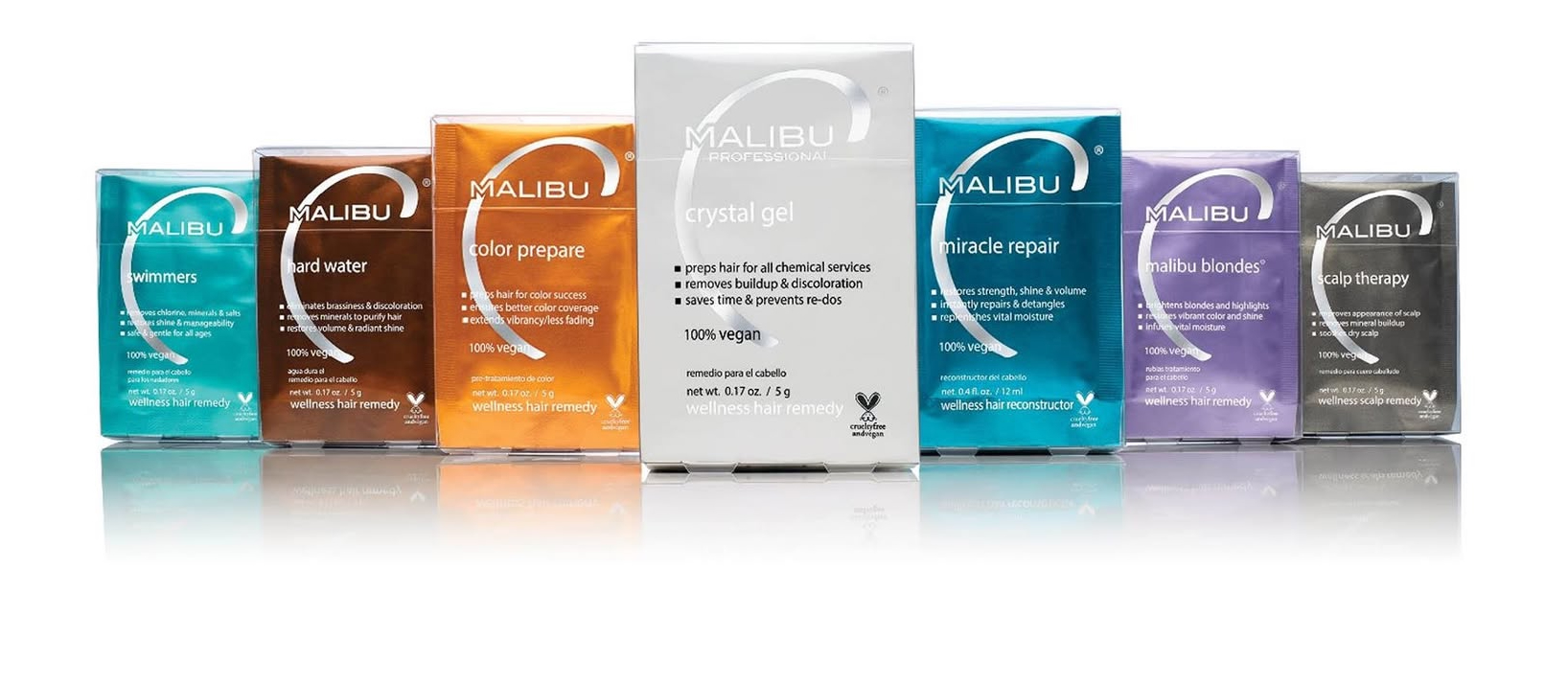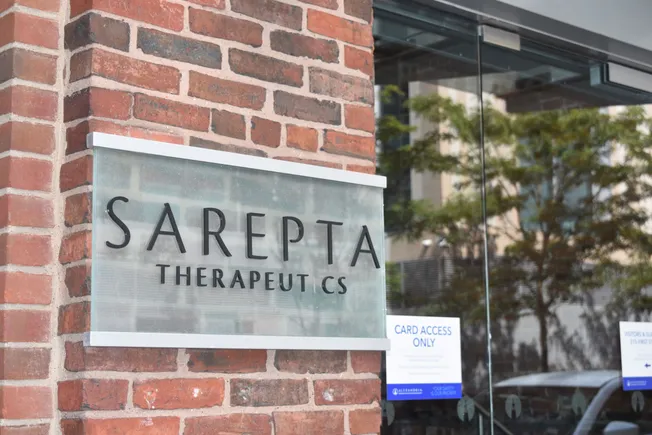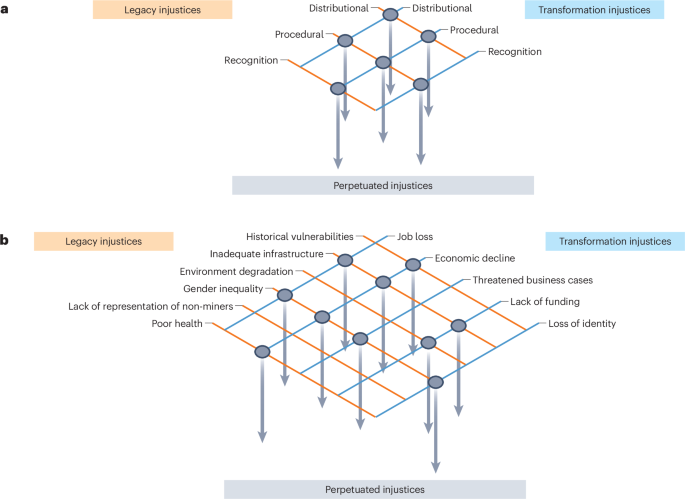STAT+: A cautious culture cost Novo Nordisk its lead in the obesity drug race, former employees say
Novo Nordisk’s stock has tumbled over 50% since its peak around a year ago, and it just ousted its CEO. Former employees say the company's cautious culture is to blame.

In the late 2010s, scientists at the Danish drugmaker Novo Nordisk developed a new weekly obesity treatment that targeted three hormones at once. In mice studies, the drug, which activated receptors of the GLP-1, GIP, and glucagon hormones, caused notable weight loss.
But Novo shelved the therapy. The company was concerned about potential side effects of targeting glucagon, like increasing blood sugar and heart rate. Besides, Novo already had another obesity treatment in development that showed great promise — the GLP-1 drug semaglutide, now sold under the brand name Wegovy.
“I just never felt there was a conviction within Novo to fight through the obstacles” with glucagon, such as trying out slower titration schedules to manage side effects, said Richard DiMarchi, a chemist who led the development of the triple agonist in an Indianapolis research center.
As that molecule collected dust, not far away, Indianapolis-based drugmaker Eli Lilly was rapidly moving along its own triple agonist, called retatrutide. Today, that medication is in late-stage testing and seen as one of the industry’s most promising obesity drug candidates.
For some former Novo employees, the little-known episode is a window into the company’s overly conservative approach to obesity drugs — an approach that may explain why, even though Novo was the first to sell a new generation of obesity drugs, it’s now widely seen as trailing Lilly in a market that some predict could balloon to over $100 billion by the end of the decade.























































































































































